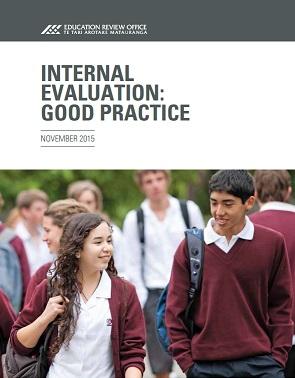Tuia te here tangata: Making meaningful connections
Published: 03 Mar 2016
In Term 3, 2014, ERO undertook a cluster review of five Puna Whakatupu as part of scheduled education reviews. During the course of these reviews, we identified a range of good practice that was investigated further and has become Tuia te here tangata: Making meaningful connections.
- Audience:
- Early learning
- Education
- Māori-medium
- Content type:
- Research
- Topics:
- Māori-medium
- Early learning
- Te Puna Whakatupu








